A few words about
What We Do
Our Transformational Programs
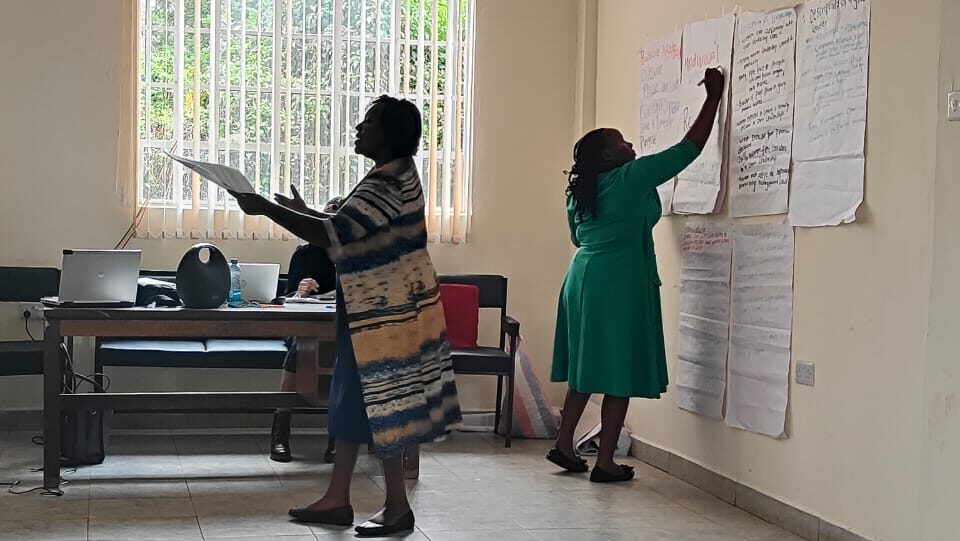

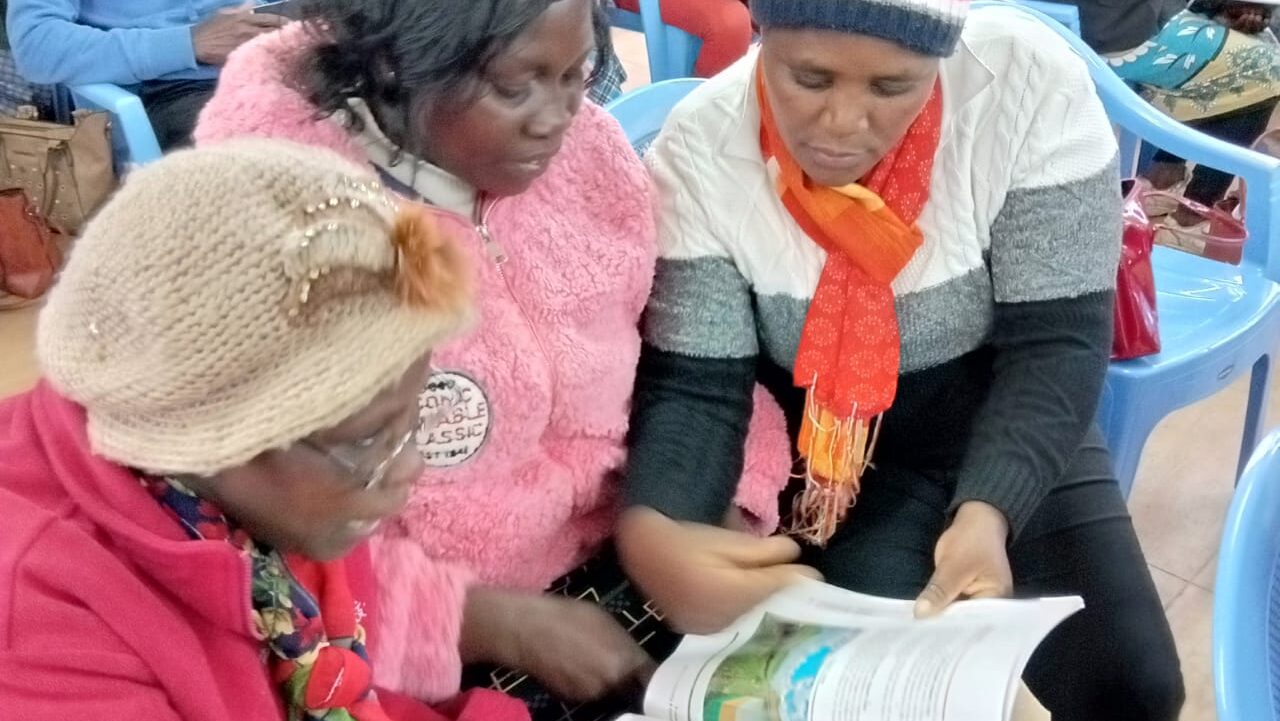
Education
Though talents and brilliance exist everywhere, opportunities do not. We believe that education is the best way to break cycle of poverty. CIFCAD provides literacy and language skills training, educational, vocational, and entrepreneurial programs. The program has built strong network that provide mentorship to students on different aspects of their life, connect the grassroot youth to knowledge and opportunities, and built communities that become active participants in their Counties decision making.
For out of school youth, CIFCAD empower them with soft skills required to be agents of change such as networking, teamwork, critical thinking, public speaking, identity, creativity, and self-confidence. In addition, CIFCAD creates a platform to learn hard skills such as marketing, branding, budgeting, planning, market research, pitching and savings.
Ongoing education activities
- Scholarships for needy pupils and students
- Mentorship
- Vocational trainings
- Entrepreneurship trainings
- Soft skills packages
- Networking
- Meal card programs
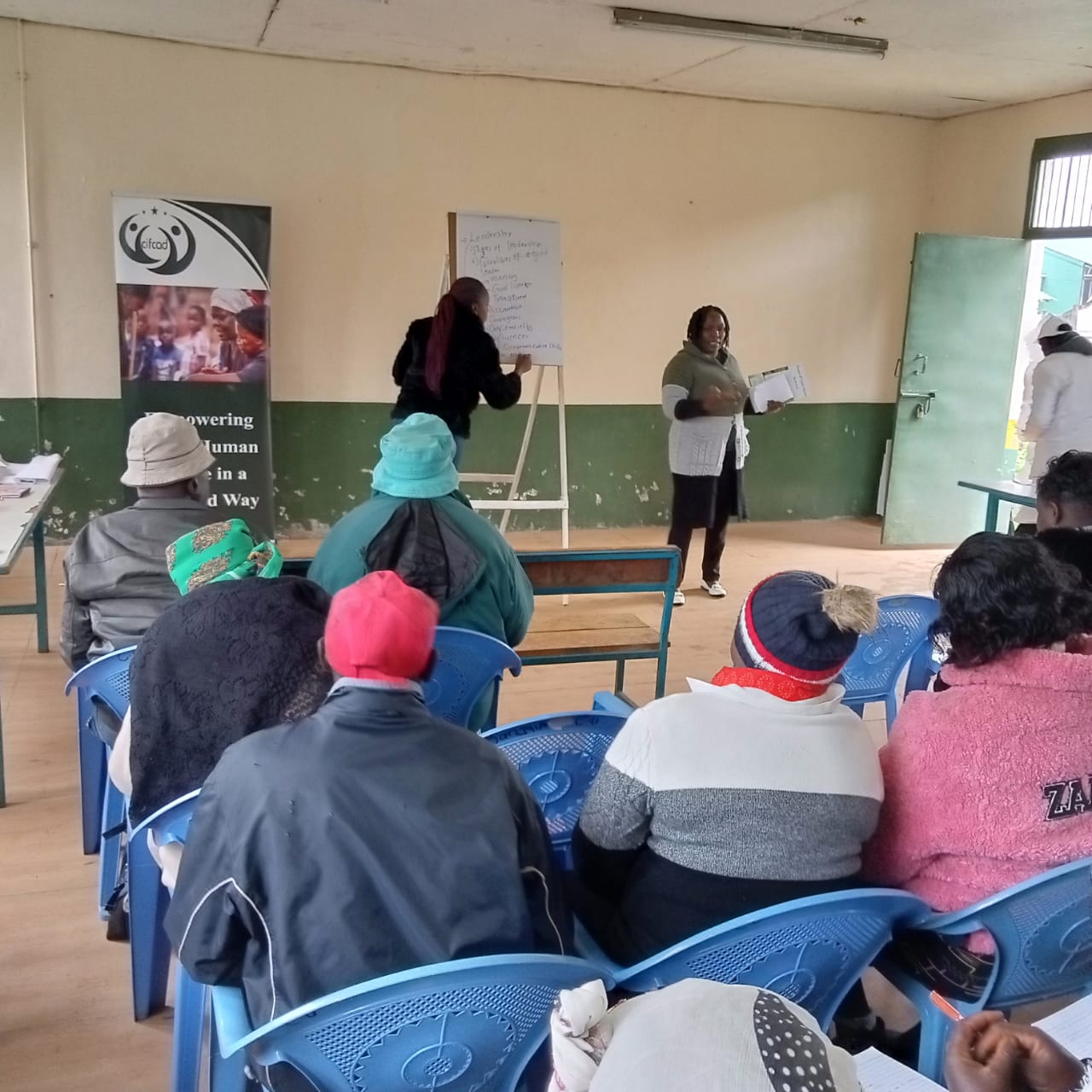
Drawing the Line [DTL]
DTL is a pre-training assessment tool that we have developed and adopted to assess the needs and risks that the workers go through. This follows a play-based participatory approach and invites the participants to take an active role in sharing their experiences and what is important to them. Through this, we ensure that the voices of the workers are captured on the most important topic they need to be trained on. This practice has led to tremendous outcomes in the delivery of the pieces of training since the participants get exactly what they have been looking for.
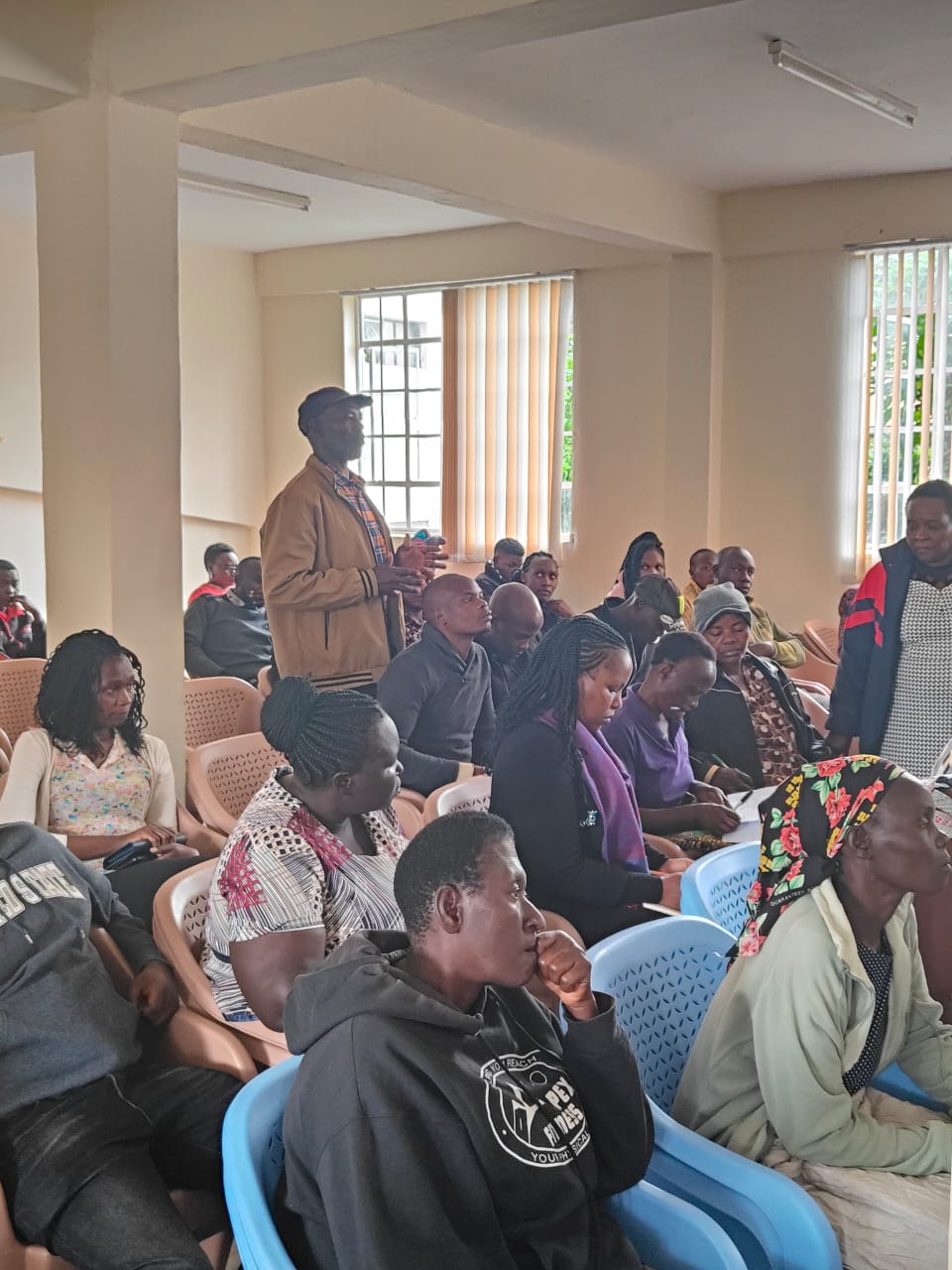
Communication Skills
One of the ways of helping workers in the tea sector, flower sector, and general communities live a dignified life has been through training them on effective communication. This training has been integrated with related fields of study like emotional intelligence and self-awareness skills that help the participants express themselves. Earlier, the workers in the flower sector and tea sector could not express themselves effectively, but we have held their hand towards the freedom of expression; not just expression but effective expression through communication. This has been very evident during our DTL and evaluation meetings in the farms and communities.
The workers have also been able to communicate effectively about their mental wellness state. They have demonstrated openness in dealing with stress, anxiety, and depression. While the have to balance the pressure that comes with work, they have also not to bow to the same pressure since they have an exit that is very clear through freedom of expression.
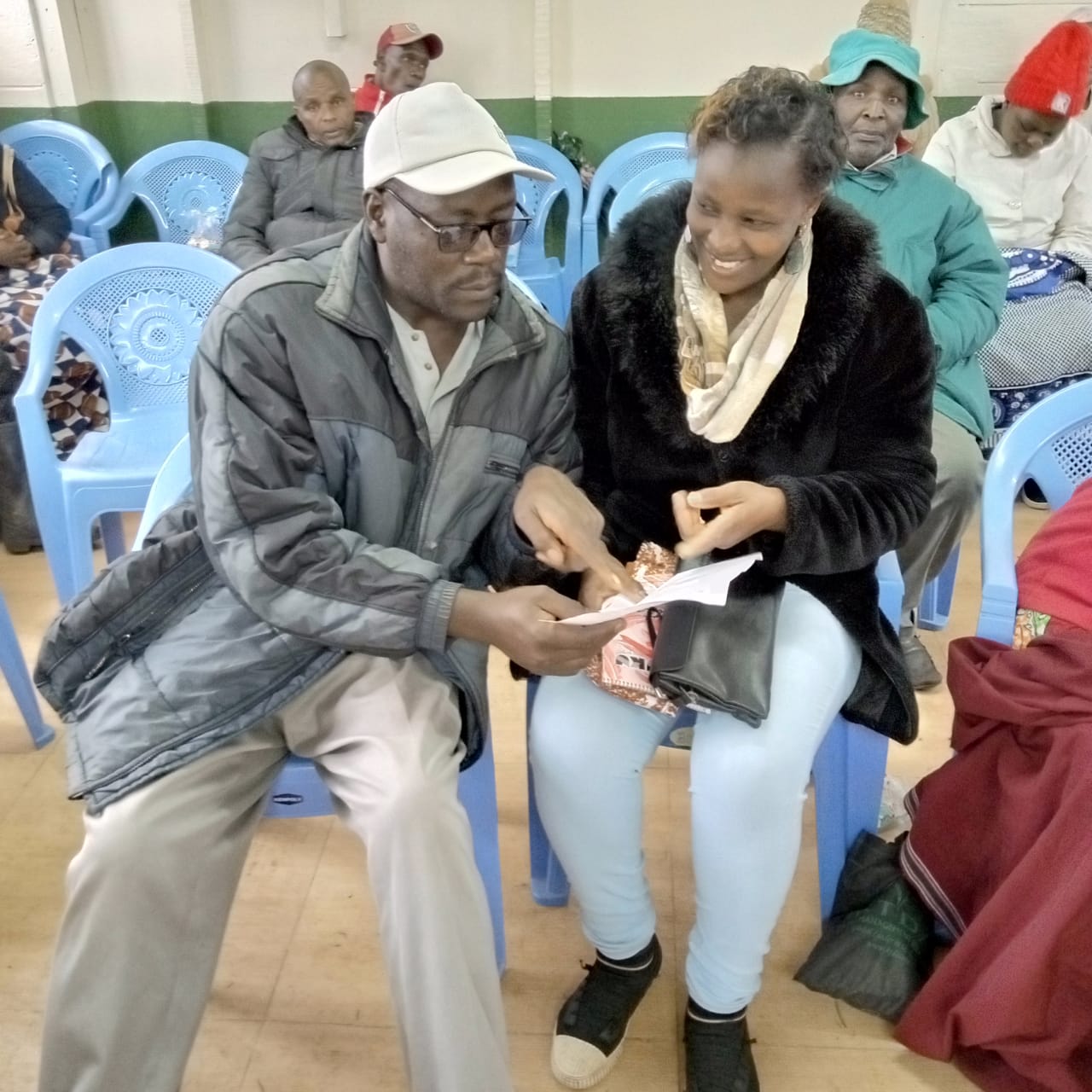
Gender Mainstreaming
Another way that CIFCAD has been committed to promoting dignified lives is through promoting gender mainstreaming. Gender imbalance and inequalities can be a big hindrance to the vision and mission of any organization or company. We have committed to helping the flower farms, tea farms, and communities to gender perspectives in all policies, programs, and activities to ensure that all the needs, interests and experiences of both women and men are addressed.
We have adopted different strategies in the past. We have been involved in policy development to ensure that the issues of gender equality are integrated and central in policy formation and implementation across all sectors. We have conducted training and created awareness on the subject in the farms and communities to ensure that we build capacity and make the knowledge available. We have also helped farms to monitor and evaluate the impact of policies that they have put in place through setting targets, collecting data on the progress, and making adjustments based on the findings to ensure that the efforts are effective. We are also at the forefront of challenging the leadership to prioritize gender equality and mainstreaming by giving women opportunities to make decisions through leadership roles.
By rallying for these strategies to be implemented, we believe that we shall have helped humanity to live a dignified life without partiality. We believe that gender mainstreaming is the easiest way towards achieving a more equitable society where everyone regardless of gender has equal opportunities and rights.
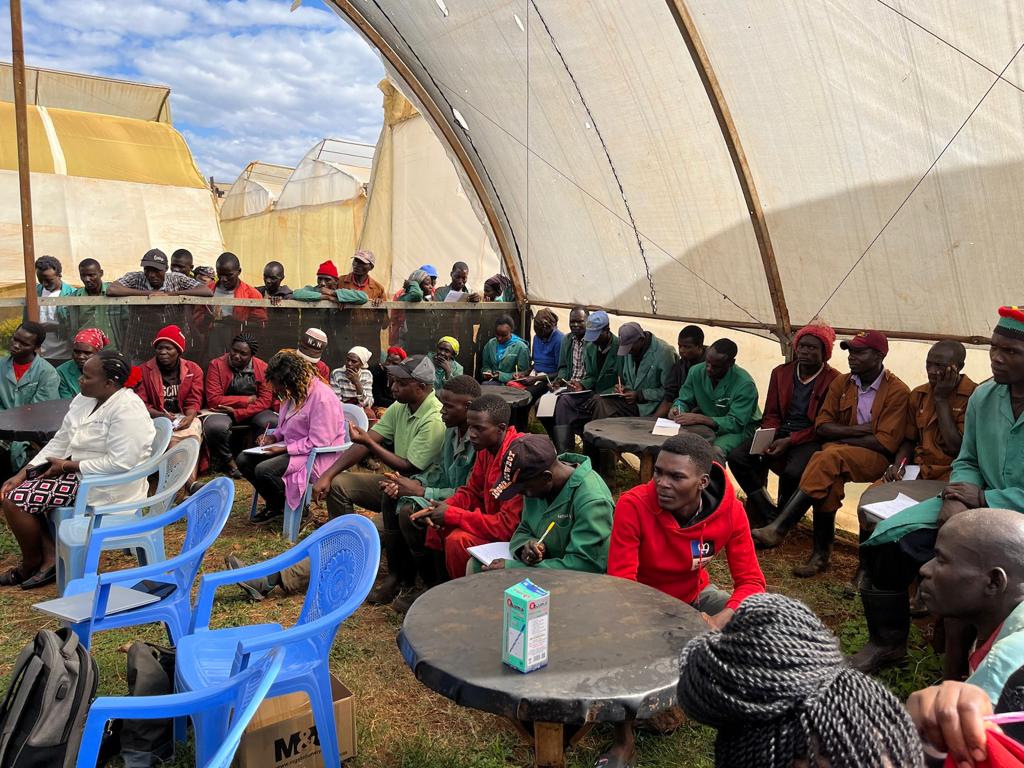
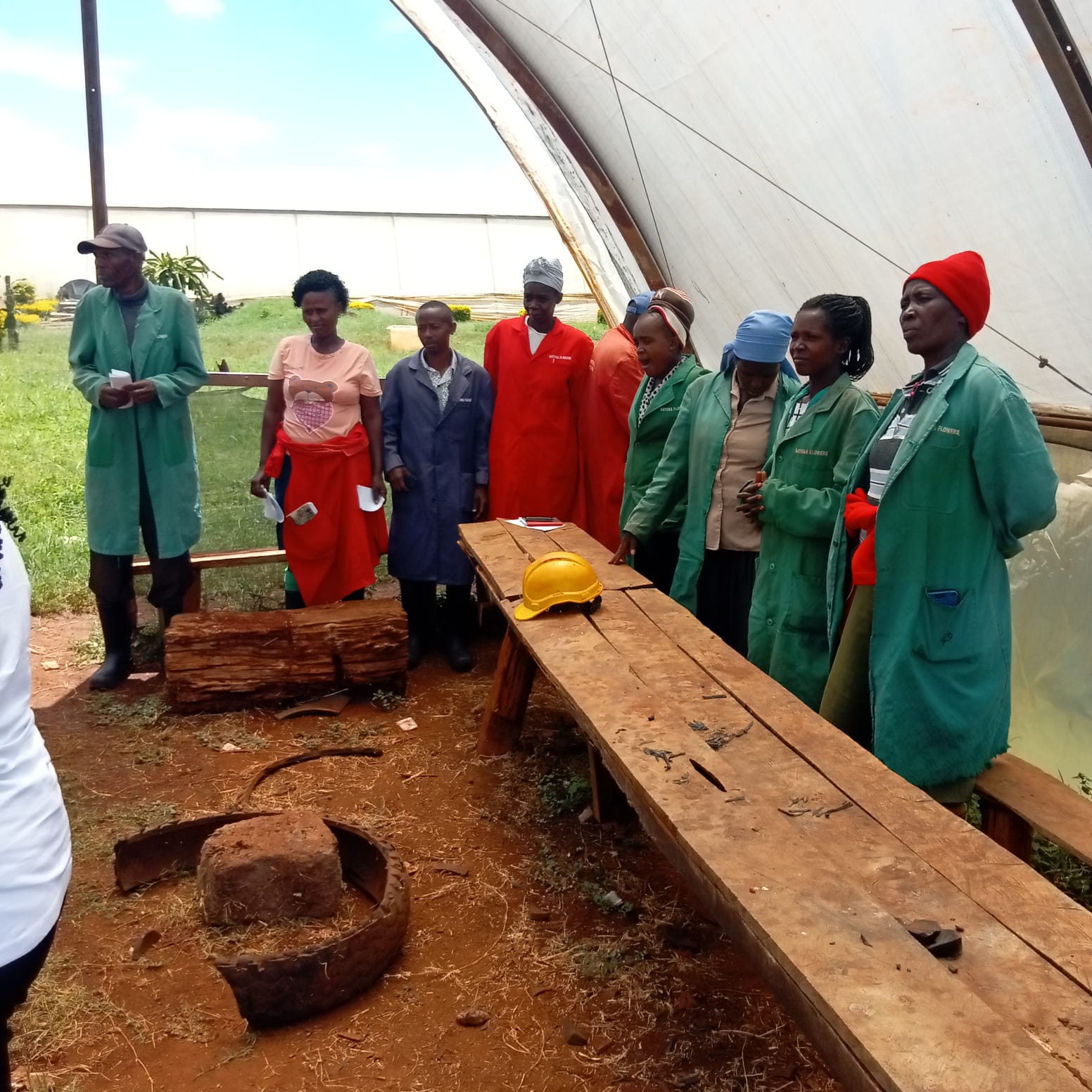
Promoting Partnership for Impact
We cannot insist on the farms to re-invent the wheel. One of the ways that we promoted humanity to live dignified lives is by looking for those agencies tackling a specific problem that has been identified during the DTL session and linking them to the farm. For example, if women have a challenge accessing sanitary pads, there are organizations already specialized in menstrual health education. In the past when handling issues related to law, we have involved law agencies to conduct trainings and tackle those pertinent questions that cannot be tackled by a civilian. We believe in collaboration for impact in achieving set goals and objectives.
Partnerships for impact have been done through establishing a shared vision and clear achievable goals, fostering open, transparent, and clear communication channels among the collaborators, recognizing and leveraging on the unique strengths, expertise, and resources that each stakeholder brings to the table, establishing clear roles and responsibilities, embracing flexibility and adaptability approaches that accommodate diverse perspectives, promoting inclusivity and diversity, fostering a culture of continuous learning and improvement within the collaboration and celebrating successes and milestones that have been achieved together.
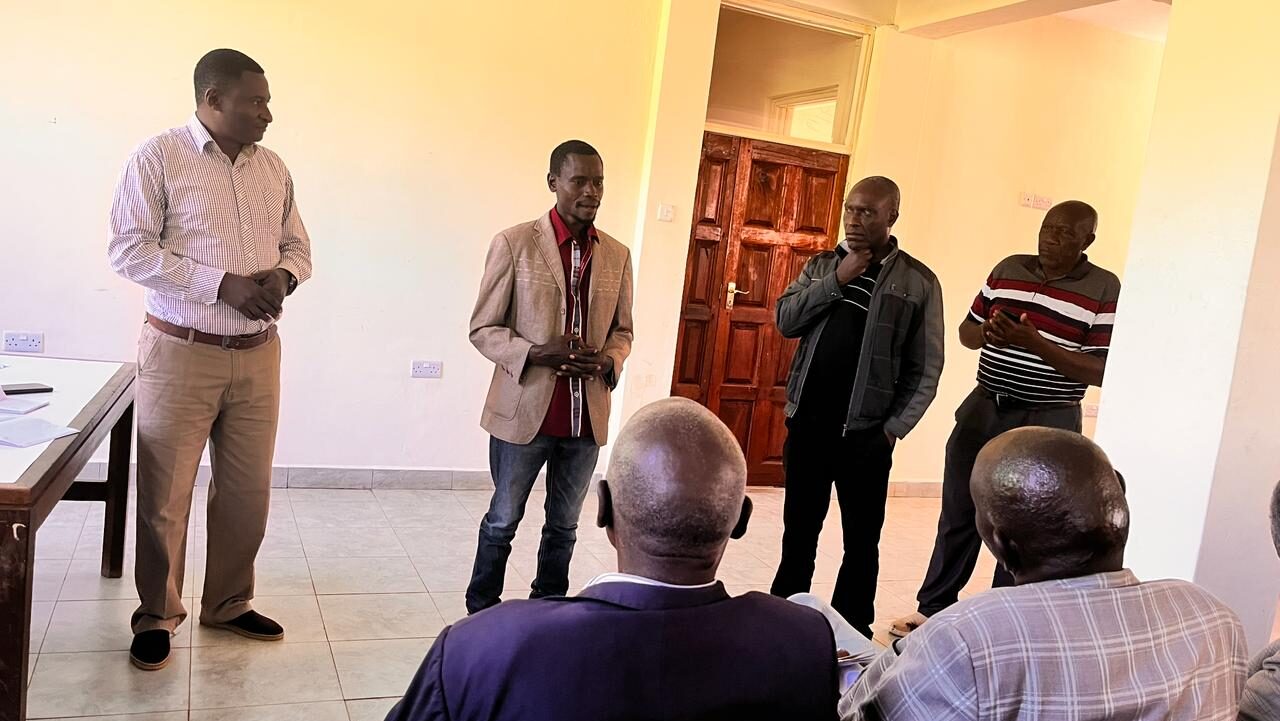
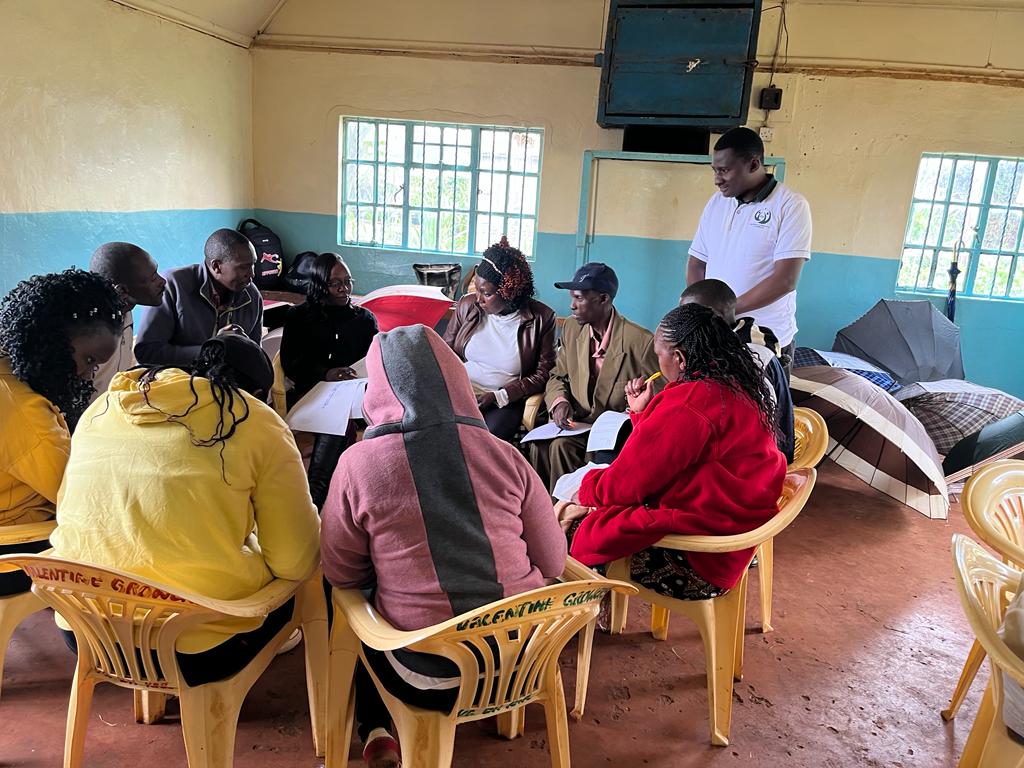
Leadership Training
Another way of ensuring that people live dignified lives is by raising the leaders in them. Developing leaders is raising people who possess the abilities, traits, and worldview required to motivate, direct, and empower others toward shared objectives. We train the farms to identify and develop leadership potential and identify individuals with qualities like initiative, problem-solving, and communication abilities. Offer growth opportunities through training, mentorship, and workshops. Set clear expectations and goals, pair aspiring leaders with mentors, encourage self-awareness, promote collaboration, empower decision-making, and lead by example. Provide constructive feedback and recognition, and create a leadership culture that values and prioritizes leadership development at all levels.
We have done this by coordinating the development a curriculum that if fit to raise leaders in the flower farms through going through the 12 modules. The flower farm workers are exposed to unpacking leadership, self-confidence, emotional intelligence, gender roles and expectations mainstreaming, wellness, communication skills, financial management, policies and implementation, representation of women, awareness, and skilling and support structures.
In the Tea sector, we have coordinated a curriculum on strengthening women in leadership in the tea sector, where we tackle leadership, recruitment, policies, and Gender-based violence and sexual harassment.
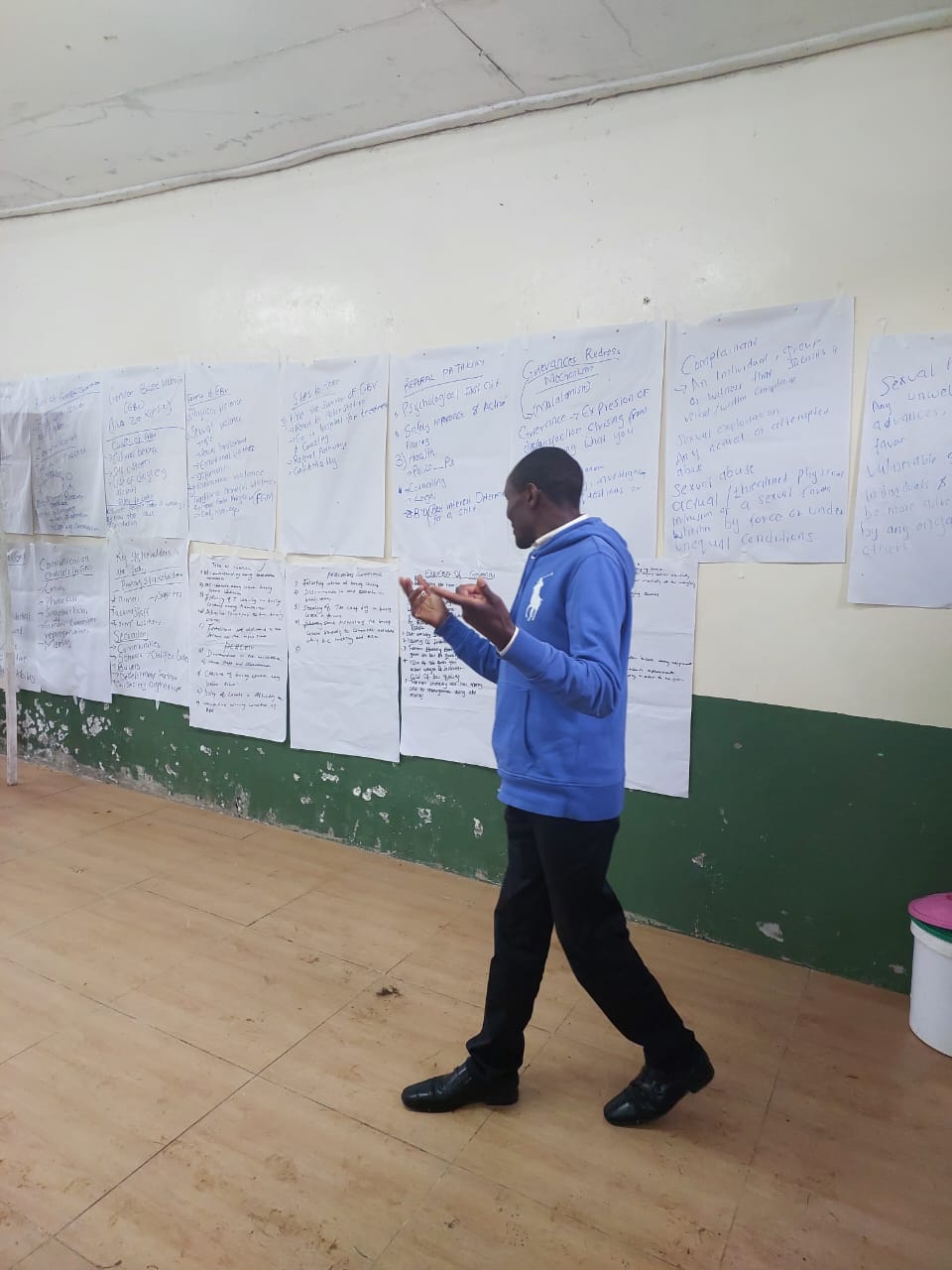
Financial Literacy
There is no way people will live dignified lives without experiencing financial freedom through financial literacy. Financial literacy is the knowledge and skills required to make informed financial decisions, including budgeting, saving, investing, borrowing, and managing debt. We have trained farm workers on different strategies promoting financial literacy which include education, early start, practical application, customized resources, access to information, one-on-one counseling, financial inclusion, behavioral economics, continuing education, and partnerships.
Education programs have covered key financial concepts, while early start covers instilling good money habits. Practical application involves hands-on learning, tracking expenses, and making informed decisions. Access to reliable information and one-on-one counseling can help individuals assess their financial situation and develop personalized plans. Behavioral economics insights can be used to encourage positive financial behaviors. Continuing education focuses on areas like investing, retirement planning, estate planning, and tax management.
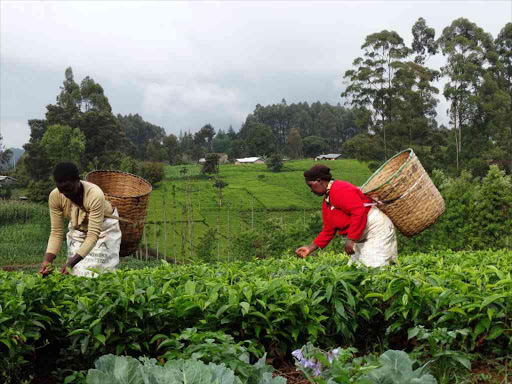
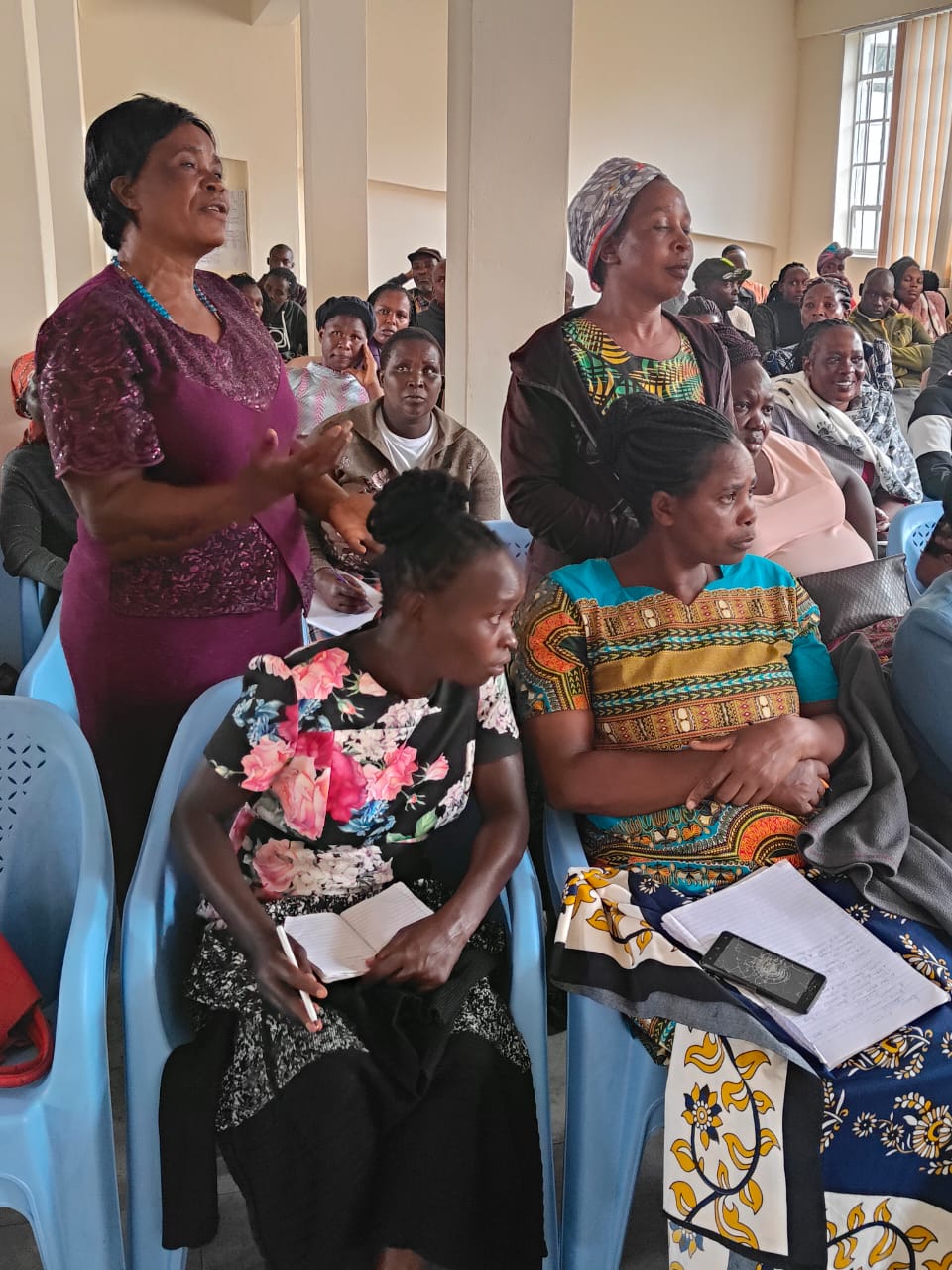
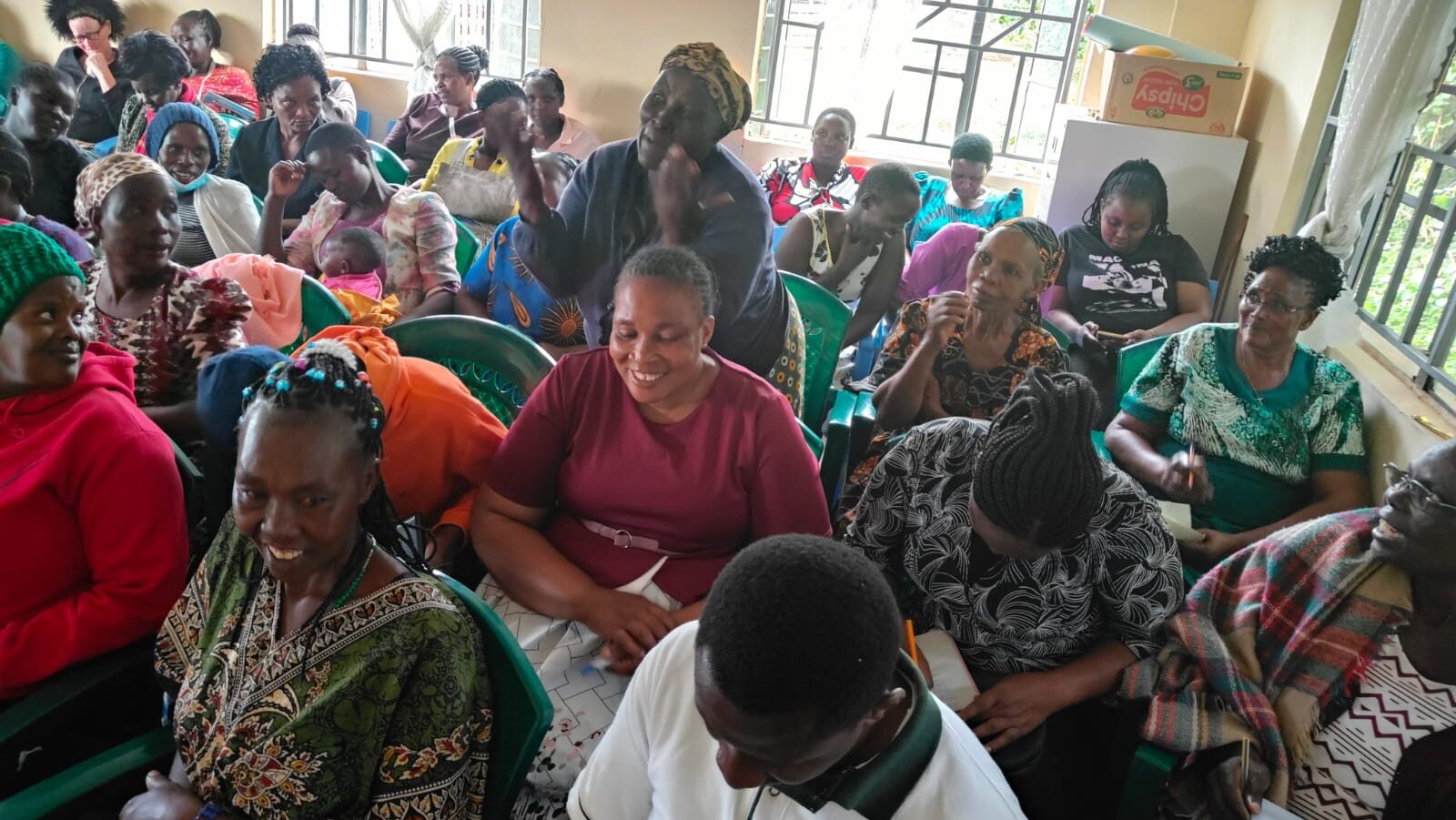
Women Economic Empowerment
CIFCAD is committed to improving women’s financial literacy as part of addressing GBV issues. Our program encourages workers in the tea sector to increase their open communication among spouses regarding finances. Tea farmers are advised to include their spouses in decision-making on savings, investments, and spending.
CIFCAD champions the elimination of gender differences in accessing resources. Ensuring equal access to natural resources such as land is one step that ensures economic empowerment for women. We facilitate women to acquire labor-saving technologies to empower them to overcome constraints in production.
We sensitize tea farmers to increase their savings in financial institutions to increase safety. Farmers are encouraged to increase the use of formal savings methods such as registered savings and credit organizations (Saccos) and Formation of VSLAs (Voluntary Savings and Loaning Associations). Our organization conducts seminars to educate women in the tea sector on financial literacy and how to save for investment rather than spend everything.
CIFCAD also train women to decrease risk borrowing behavior from informal lenders and instead practice responsible borrowing. Informal lenders have high interest on their loans which is detrimental to achieving financial success.
We have also partnered with Women Win and Ethical Tea Partnership to build the economic resilience of workers through training factory workers on participation in decision making, leadership and roles of gender committees. Our approach to economic empowerment also includes helping women identify alternative opportunities to earn income. We offer entrepreneurial training on various ventures that women can engage in to supplement their income from farming.
The economic empowerment programs apply the solutions listed below.
- Training women on agriculture diversification, fast growing plants and resilient strategies
- Provision of agricultural extension services
- Linkage to market and trainings
- Training on value addition, marketing, storage and after sale services
- Registration of functional women farmers groups along the value chains
- Enhance uptake of technologies and innovative farm management
- Improved dairy farming with increased yields
- Access to equity funds and subsidized loans to enhance financing
- Advocacy strategies to lobby both at national and county for provision of essential services
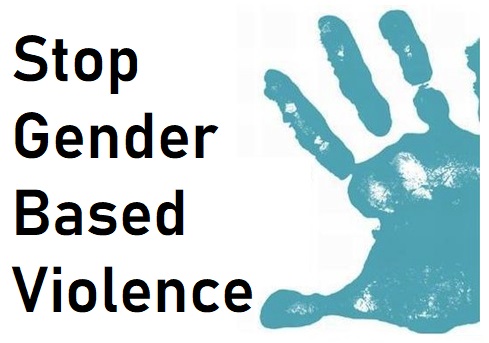
Gender-Based Violence
One way of dealing with Gender-based Violence (GBV) is tackling the root cause of the problem. CIFCAD has undertaken an education program targeting men in the informal sectors, including motorbike taxi riders (Boda Bodas), to sensitize them on GBV. Our goal is to reach and engage with men in the community, train them and help them to be male champions fighting GBV at the community. Partnering with positive role models has effectively engaged men in society in the change process.
The process also includes partnering with people of influence in society to act as gender champions. Such leaders include community leaders, and their role is to raise awareness of revamped structures for reporting.
We have partnered with local actors and private sector to strengthen structures of gender reporting in the communities. Additionally, we have also worked closely with gender committees at Tea factories to increase the capacity of gender committees to identify the importance of allowing workers to voice their opinions.
Our partnership is focused on assisting factories in developing sexual harassment and ant-gender discrimination policies. We also work closely with factory leadership to improve the organizational reporting mechanisms for gender-related issues. We conduct training for congregations and members of tea factories on gender issues and how to address the problem.

Climate Change and Clean Cooking Energy
Globally, nations cannot achieve the sustainable development goal of ending climate change without addressing the way families cook. Energy plays a key role in eco-system but if governments do not think about energy generation, then the environment will always be negatively impacted.
To contribute to sustainable development goals, CIFCAD works towards mitigating the unforgiving climate change and environmental degradations through,
- Facilitating dialogues with county government on creating enabling environment for clean energy and further discussions on uptake of clean cooking techniques
- Training women on existing clean cooking fuels
- Helping women access variety of clean cooking solutions
- Support women with knowledge, skills and required network to establish self-sustaining clean energy businesses such as selling solar products, briquettes and cookstoves
- Provide women with business skills, branding, market information and support with access to finance and profitable networks.
- Improve the family wellbeing by increasing women energy entrepreneurs, increase income leading to health and stronger family units

Gender Equality and Transformative Leadership
This is done under two dockets:
- Gender equality initiatives
- Leadership and governance
Gender equality Initiatives
The program acknowledges that gender-based violence is a barrier to gender equality. Gender based violence is experienced in different set-ups and it leads to long term effects to all survivors.
CIFCAD addresses GBV through the following interventions.
- Creating awareness on GBV and prevention strategies
- GBV response through collaboration with other actors
- Provision of psychosocial support
- Provision of dignity kits
- Enhance referral pathway to ensure survivors access all services.
- Provision of food vouchers and food baskets to the most vulnerable survivors and elderly.
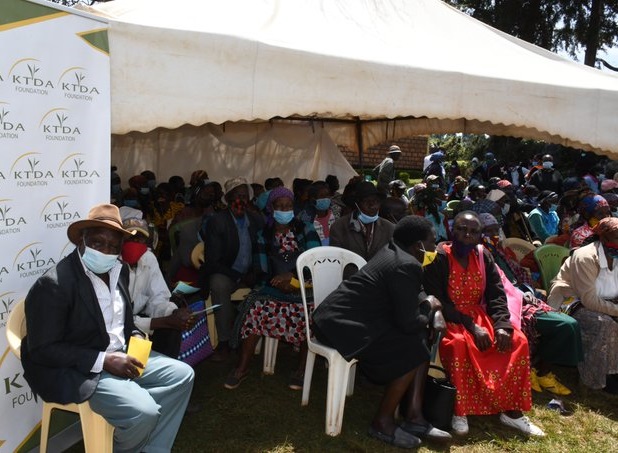
Leadership and Governance
The two-third gender principle is intended to promote equality in sectors of the society where women have been disadvantaged. This principle is intended to institutionalize increased women’s participation in the tea sector.
The tea production industry is male-dominated despite most of the workforce being women. However, men occupy most leadership positions, which calls for change to ensure increased representation of women and adherence to the two-third gender rule. We encourage women to take leadership positions to drive the institutional changes needed to promote equality.
We are currently working with farmers in the tea sector and encouraging them to take positions to ensure their organization meets the two-third gender rule. Our support includes partnering with tea factories and societies to support and promote gender equality. Giving women support and opportunities is the first step toward addressing the numerous challenges.
CIFCAD works towards achieving transformative leadership and good governance through.
- Reaching out to orphans and vulnerable children and linking them to opportunities where they can change their lives and achieve their dreams
- Training grassroot women on gender equality, accountability and increasing women participation in both national and county processes.
- Train community on gender-based violence prevention and response
- Older people are among the neglected and some struggle to access basic services. CIFCAD supports the elderly with safety nets, food baskets and access to health needs